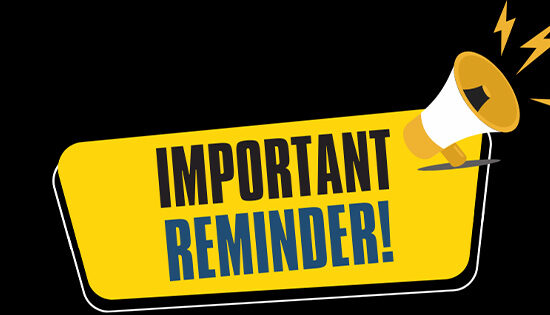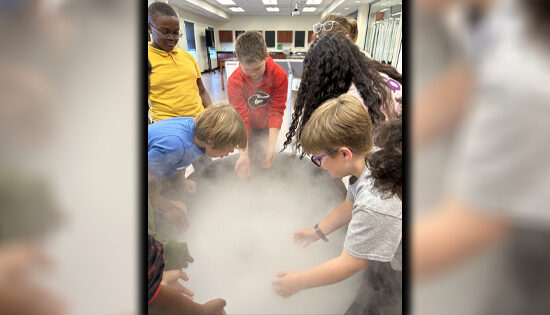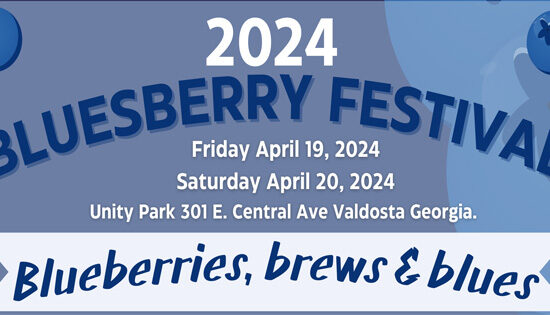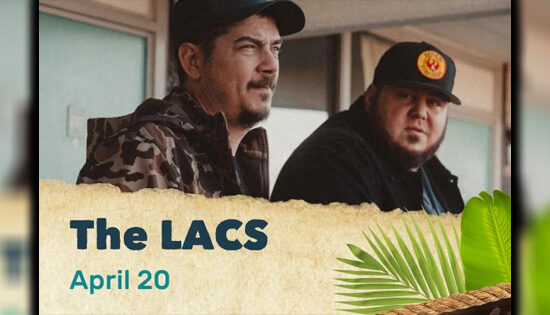By Lauren Burgess
Valdosta State University History Professor Dr. Dixie Haggard has made it his mission to help the Pascagoula Tribe of Southeast Mississippi achieve federal recognition.
After studying Native American History at the University of Kansas while he was working on his doctorate, he was contacted by the Pascagoula tribe for his expertise to help them gain federal acknowledgment.
“When I was asked to come out to Mississippi and meet with them, I saw that they really needed my help. I had the right set of skills and realized I could actually help with what they needed and they’ll be better off in the long run.”
That’s where Dr. Haggard and his research comes in.
“When you call the BIA (Bureau of Indian Affairs) or the Office of Federal Acknowledgment, and ask them what you have to do they’ll tell you that what we are trying to prove is that they (Pascagoula people) are a distinct and separate community that moves through time together and that they are descended from a historic tribe,” said Dr. Haggard.
In order to do that, Dr. Haggard has spent six years combing through thousands of records to compile the 700-year history of the Pascagoula people.
“We’ve gone through census records, baptismal records from the French, birth certificates, land records from the British and the American government, newspaper articles, government documents, and over 70 historical maps to trace the Pascagoula through time in the 1700s and early 1800s,” Dr. Haggard said. “One of the biggest pieces of evidence we have is that the tribe had their own separate school from roughly 1918 to 1968.”
However, achieving federal recognition is no easy feat and the odds are stacked against those applying from the very beginning. The process to gain recognition, created in 1978, is long and tedious. Some tribes wait as long as 20 plus years to achieve federal acknowledgment. Since the process’s inception, more than 360 groups have applied. As of 2019, only 18 of them have succeeded.
The first step to gain federal recognition is that a group must write a letter to the Assistant Secretary of Indian Affairs explaining their intent to petition. Once that is done, the group then must prove that they meet each of the seven criteria:
- “Requires that the petitioning entity have been identified by reliable external sources on a substantially continuous basis as an Indian entity since 1900.”
- “Requires that the petitioner has maintained a continuous community from historical times to the present day.”
- “Requires that the group show that it has maintained political authority or influence on a substantially continuous basis from historical times to the present day.”
- “Requires that the group submit a copy of its governing document, or if it does not have a formal governing document, a statement describing its membership criteria and how they are applied.”
- “Requires that the current members of the petitioning group, as a whole, descend from a historic tribe or historic tribes that have amalgamated.”
- “Requires that a petitioner’s members not be mostly members of an already recognized tribe.”
- “Forbids the Federal Acknowledgement Process to acknowledge groups which were terminated by legislation.”
Part of the reason it has taken so long is that the Pascagoula people and Dr. Haggard only have one chance to get this right. Once the application is submitted, it will be reviewed extensively. If the application is denied, it can be re-submitted, but it will go to the same board for review that denied it the first time.
But for the Pascagoula tribe and Dr. Haggard, they believe that the chances of gaining federal recognition far outweigh the risk of failure.
“The tribe would have a government to government relationship with the U.S. government. Their government will work through the Bureau of Indian Affairs with the U.S. government,” said Dr. Haggard. “The tribe would be able to gain some access to economic development, education, and healthcare. Since the Pascagoula would be considered a new tribe by our government, they would have opportunities and protections as an officially recognized minority.”
Currently, Dr. Haggard and the Pascagoula people have over 200 pages of the petition along with 25 appendices of evidence. They have fought a six-year uphill battle to finally gain acknowledgment of the existence of the Pascagoula tribe. Hopefully, their battle will come to an end soon.











